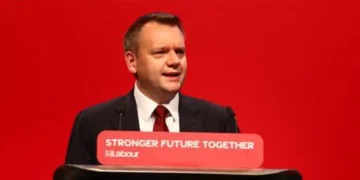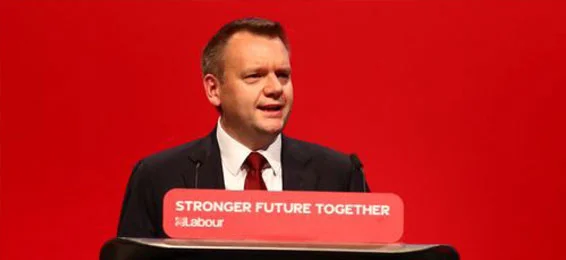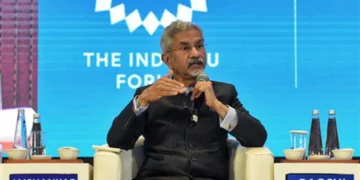Blitz Bureau
NEW DELHI: The ruling Labour Party remains committed to its preelection tax pledges, including on income tax, minister Nick Thomas-Symonds told Sky News on October 24, ahead of next month’s budget, reported Reuters. Finance minister Reeves and Prime Minister Keir Starmer had said before last year’s election that they would not raise the rates of social security contributions, value added tax (VAT) or income tax on what they called “working people”.
The Guardian on October 23 reported that Reeves was considering raising income tax in the budget to help close a multibillion-pound deficit. “We stand by our manifesto pledges on VAT, on national insurance and on income tax,” Thomas-Symonds said when asked about the Guardian report.
In her first Budget last year, Reeves increased the rate of social security contributions, or National Insurance Contributions, paid by employers but said she remained committed to not raising the tax burden on working people. The Guardian said officials were weighing options including an increase in the basic rate of income tax or changes to thresholds, though no final decision has been made.
Earlier this month, the National Institute of Economic and Social Research said that Reeves should break her promise on income tax rather than attempt to raise the £30 billion ($40.26 billion) in revenue she is expected to need in more economically damaging ways.
The Telegraph newspaper reported on October 25, citing a government minister who said tax incentives needed rebalancing. The Government is likely to halve the amount of cash that people can put in tax-free savings accounts at next month’s budget, it said. Under existing rules, Britons can save up to 20,000 pounds ($26,842) a year in cash, shares, bonds or investment funds in individual savings accounts, known as ISAs, where the money is not liable for tax on interest, dividends or capital gains.
Meanwhile, a group of MPs has urged Reeves not to cut the cash Isa taxfree allowance in the upcoming Budget. Cuts to the tax-free allowance were unlikely to have the intended effect of promoting an investment culture in the UK, the Treasury































